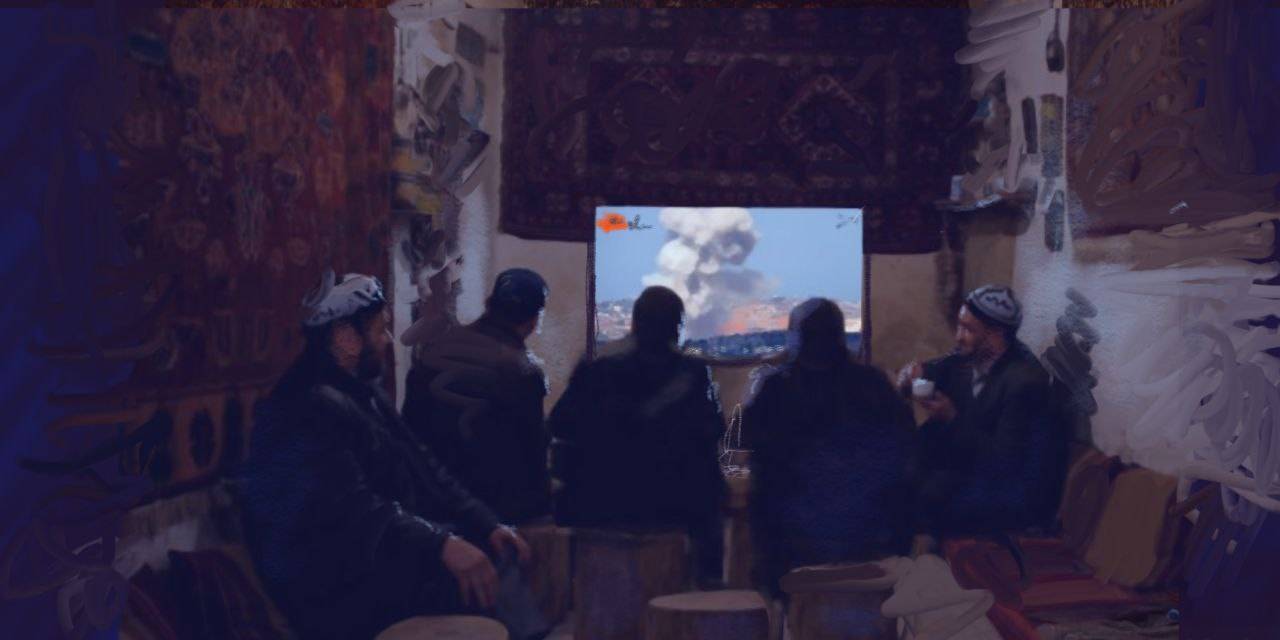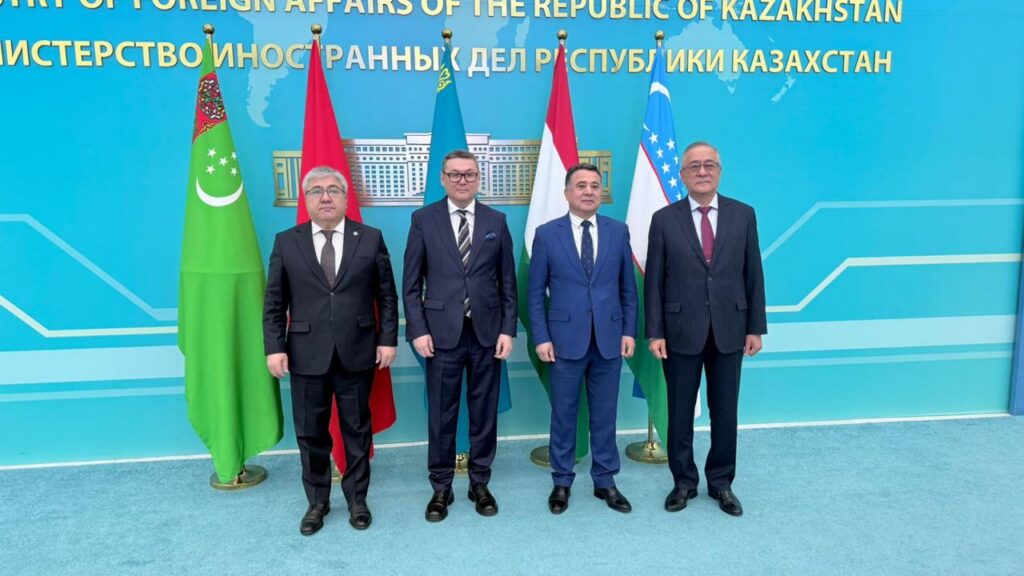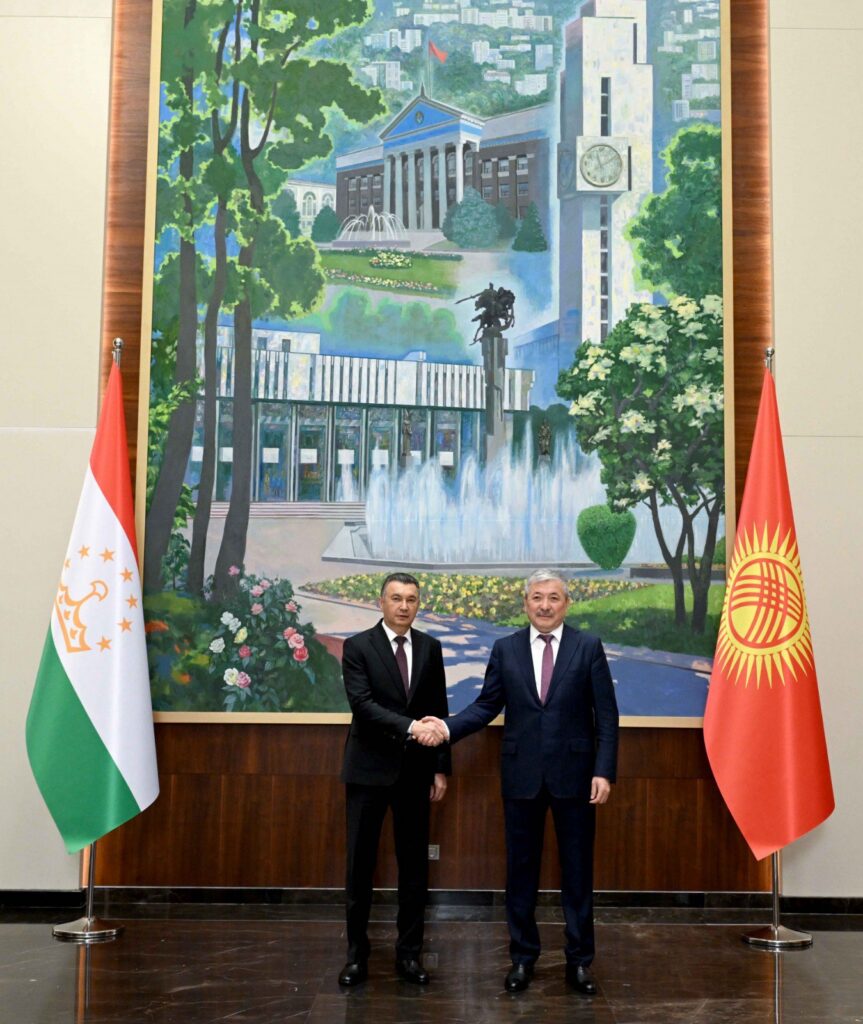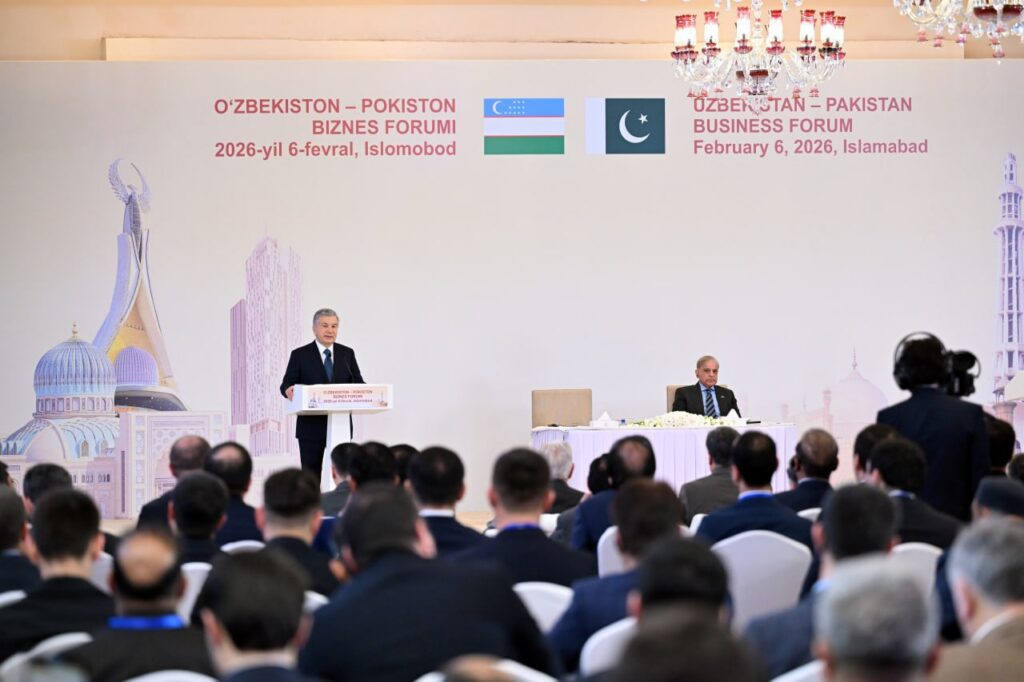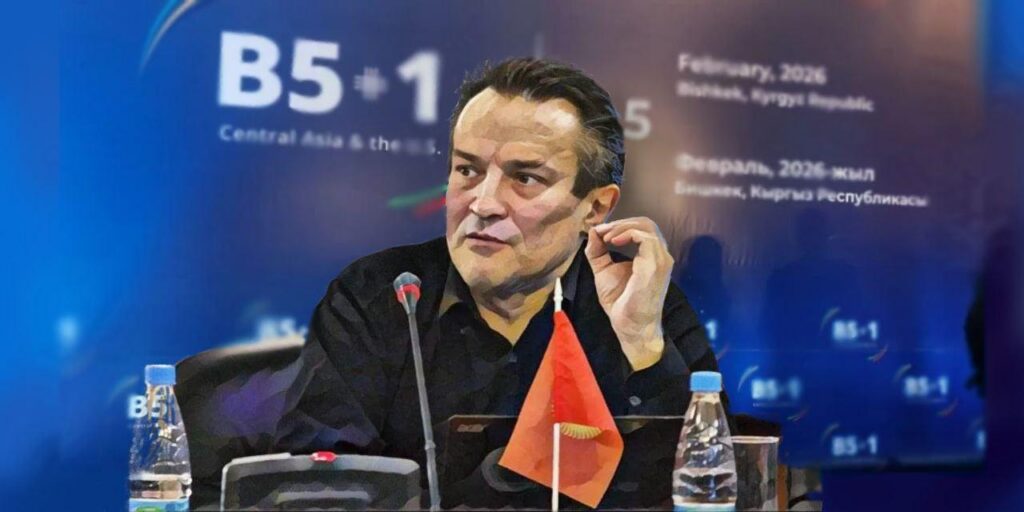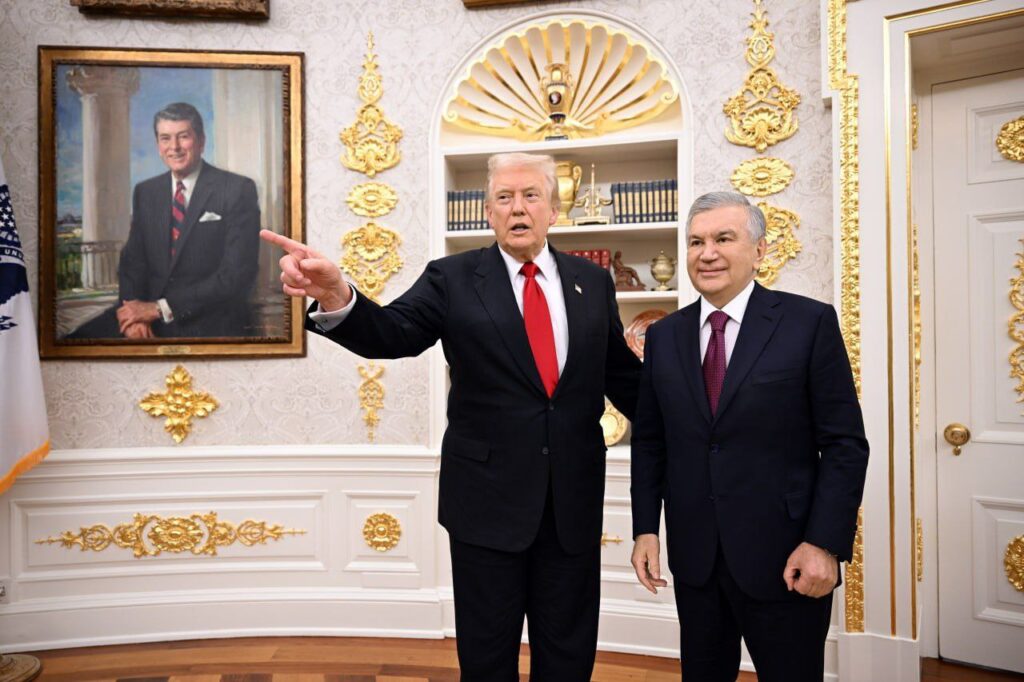The five Central Asian republics are actively building ties with the outside world, trying to balance the influence of China and Russia in the region. For the former Soviet republics, the Middle East was, until recently, a kind of terra incognita since Moscow carried out all contacts with the area. However, since the nineties, thanks to a growing friendship with Turkey, Kazakhstan, followed by other Central Asian republics, have begun establishing diplomatic, cultural, and trade ties with the Middle East and North African countries. Another escalation in the Middle East has forced the diplomatic departments of the Central Asian countries, whilst avoiding any accusations against either side in the conflict, to inform their citizens about and the address the fate of their compatriots who have found themselves at the epicenter of events.
Kazakhstan
In Kazakhstan, law enforcement agencies reacted before diplomats. Shyngys Alekeshev, head of the Interior Ministry’s Information Policy Department, said in response to journalists’ inquiries that police in the republic have brought their patrol routes closer to synagogues and Israeli diplomatic facilities.
Later, official representative of the Ministry of Foreign Affairs of Kazakhstan, Aibek Smadiarov, said that no Kazakh citizens were injured as a result of the armed escalation between Iran and Israel, and urged Kazakh citizens in the Middle East to exercise caution.
“The Kazakh Foreign Ministry expresses deep concern about the increasing escalation of tensions in the Middle East. We call on all parties involved to exercise restraint and refrain from using forceful methods to avoid civilian casualties and further escalation of the situation in the region, which could provoke a full-scale war. In this regard, we note the importance of taking early measures to resolve differences exclusively through political and diplomatic means within the framework of the principles of the UN Charter and international law,” said Smadiarov.
According to the representative, 120 citizens of the Republic of Kazakhstan, including diplomats and their family members, are registered as being present in Israel, 102 in Iran, and 139 in Lebanon.
“Communication channels have been created with citizens who are in these countries. Constant communication is maintained with them, and necessary recommendations are given depending on the development of the situation in one country or another. Several times, embassies have announced the need to leave the country due to the aggravation of military and political situations. At the same time, the Ministry and authorized bodies are monitoring the situation to work out possible repatriation flights. The evacuation of our citizens is still under consideration and the special control of the Ministry of Foreign Affairs,” said Smadiarov.
Kyrgyzstan
The Kyrgyz Foreign Ministry stated on October 2 that it is deeply concerned about events taking place in the Middle East, stating that it is calling on “the conflicting parties to respect the fundamental principles and norms of international law, including refraining from actions leading to an escalation of the situation in the region. The Kyrgyz Republic urges the global community to completely stop military action as soon as possible, and start a political dialog and peaceful settlement of conflicts.”
The Kyrgyz Foreign Ministry has recommended its citizens refrain from visiting Israel, Iran, and Lebanon because of increased risks associated with instability in the region.
“Citizens of the Kyrgyz Republic who are already in the Middle East region are advised to strengthen their security measures, avoid mass gatherings, as well as strictly follow the requirements and recommendations of the official authorities of the host country,” the Ministry summarized.
Uzbekistan
Uzbekistan believes that settling conflicts in the Middle East requires the creation of a sovereign Palestinian State. However, speeches and rallies supporting this position remain prohibited within the country.
The Uzbek Foreign Ministry commented on the situation in the Middle East on October 3, packing the issue into a press release filled with other responses to inquiries from the republic’s mass media. In particular, questions about the results of the Uzbek delegation’s participation in the UN General Assembly and the Ministry’s attitude towards the strike on the residence of the UAE ambassador in Khartoum were also raised by the media.
The Foreign Ministry said the Uzbek embassy in Israel is working in a reinforced mode, keeping in touch with the state’s authorities and its citizens in the country.
“On the website and pages of the embassy on social networks there are recommendations on personal safety, in particular the need to take cover in bomb shelters during rocket attacks, follow official messages, always carry identity documents and contact information of the Embassy of Uzbekistan. On a 24/7 basis, citizens needing assistance or advice may contact the diplomatic mission by calling the numbers distributed through social networks and personal contacts. The Ministry of Foreign Affairs of Uzbekistan is constantly monitoring the situation,” the Ministry summarized.
Tajikistan and Turkmenistan
Turkmenistan’s government agencies have not reacted to the escalation in the Middle East. A country with its borders largely closed to its citizens, Turkmenistan has no known citizens in Israel, Iran, or Lebanon.
Tajikistan’s Foreign Ministry website, meanwhile, contains a statement dated October 1 regarding its official reaction to the strike on the UAE ambassador’s residence in Khartoum and information dated October 3 about a meeting between the republic’s ambassador and Iran’s Minister of Culture and Islamic Guidance. Nothing further has been forthcoming.
A Delicate balance
In conclusion it is fair to say that the Central Asian republics are navigating a complex geopolitical landscape as they respond to rising tensions in the Middle East, prioritizing the safety of their citizens abroad, while maintaining a delicate diplomatic stance. Kazakhstan, Kyrgyzstan, and Uzbekistan have taken proactive measures to ensure the security of their nationals, emphasizing the need for political dialogue and peaceful conflict resolution. These efforts reflect a broader strategy of balancing the influence of major powers, such as China and Russia, while expanding diplomatic and economic connections with the wider world. Such a position is indicative of a growing commitment to active participation in international affairs, and Central Asia’s evolving role on the world stage.
